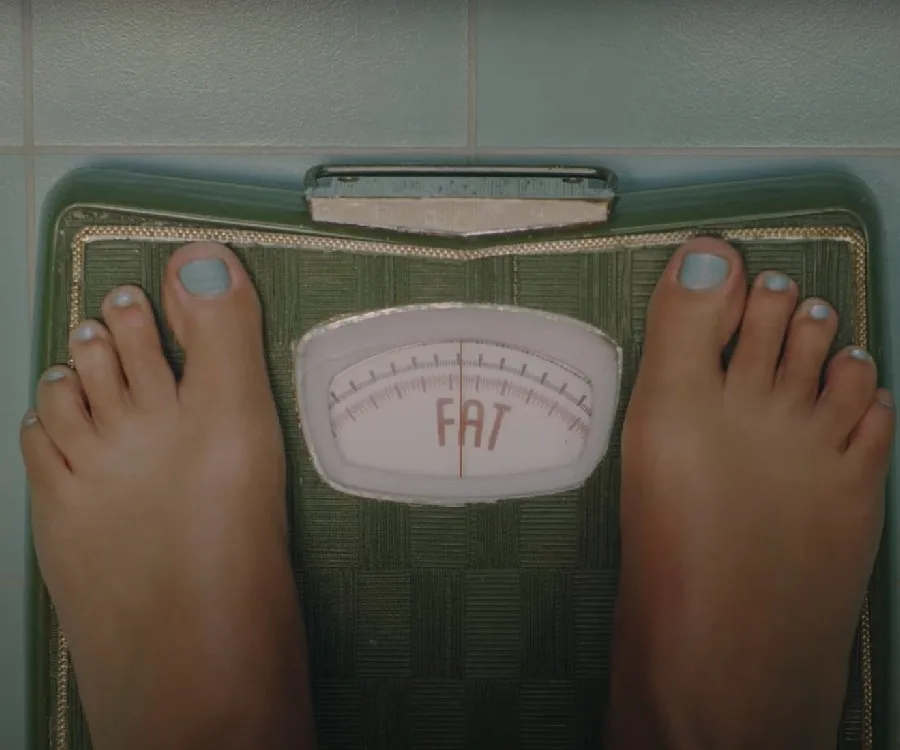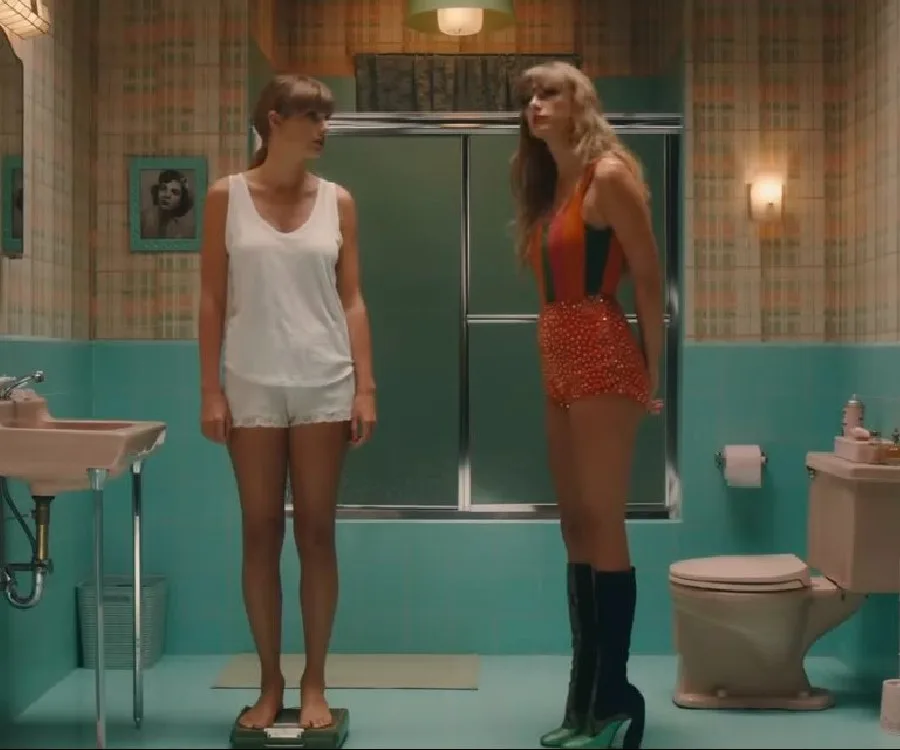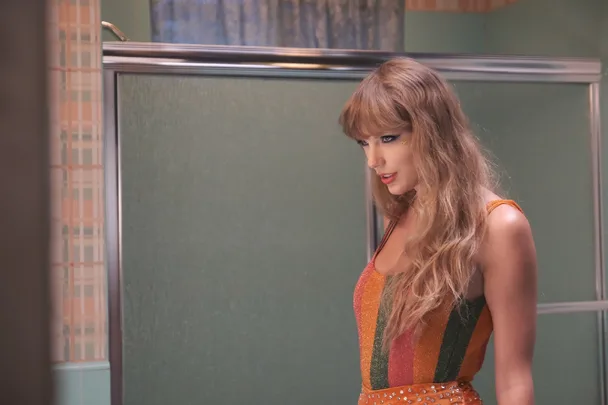When Taylor sang, “Hi, I’m the problem, it’s me” in her latest single ‘Anti-Hero’, she probably couldn’t have imagined the problem the song’s music video would’ve caused.
The music video for ‘Anti-Hero’, which is the third song on her chart-topping tenth studio album Midnights, has undergone an edit after fans called out the musician for including “fat phobic” content in the clip.
Swift, who described the video on a tweet as her “nightmare scenarios and intrusive thoughts play out in real time”, featured a scene of the musician stepping on a scale, with the word “fat” displaying in lieu of a number.

“Taylor Swift’s music video, where she looks down at the scale where it says ‘fat,’ is a s–tty way to describe her body image struggles. Fat people don’t need to have it reiterated yet again that it’s everyone’s worst nightmare to look like us,” wrote Shira Rose, a clinical social worker and eating disorder therapist, on Twitter.
Rose is just one of several healthcare professionals and Swifities who called out Taylor for the problematic scene.
The primary concern with the inclusion of the word fat instead of a number is that Swift is seemingly conflating fatness with a lack of self worth, and ugliness.
Which, in turn, reinforces Western ideals and beauty standards that in order to be conventionally beautiful and acceptable to society, you must be thin.
Taylor, has not officially acknowledged the backlash or allegations of fatphobia, however the scene has been removed from the Apple Music edit of the music video.

Many fans have come to Swift’s defence for including the scene in the music video.
Taylor, who both wrote and directed the video, previously admitted to struggling with mental ill-health and disordered eating, so many fans have praised Swift for portraying the realities and complexities of body dissatisfaction.
“Everyone proves the point behind the ‘Anti-Hero’ message by calling Taylor fat-phobic when she’s a ED survivor/still has body dysmorphia. It’s a mental illness. It isn’t fatphobic to see yourself negatively in the mirror bc of gossip mags making you believe you’re fat,” a fan wrote on Twitter.
However, others have rebuffed this, with another stating “having an eating disorder doesn’t excuse fatphobia.”
“It’s not hard to say, “I’m struggling with my body image today” instead of I’m a fat, disgusting pig,” the add.
“It’s still enforcing the idea that fat is gross/bad. Her feelings can be valid, while still promoting fatphobia. This isn’t a competition. ED & Fatphobia are both real, but just because someone has ED doesn’t mean that they should promote the idea that fat is gross,” another wrote on Twitter.
However, it seems that this scene is more dimensional than at first glance.
Is labelling someone as fat phobic invalidating their own experiences with body dissatisfaction? And if so, what precedent does it set for people who want to speak out about the complexities around how they perceive their own bodies?
Unlearning these ingrained notions that being fat or a certain weight is constantly a working process, and something that most of us deal with on a daily basis.
Either way, this is probably one scene that shouldn’t have made it to the cutting room floor.










